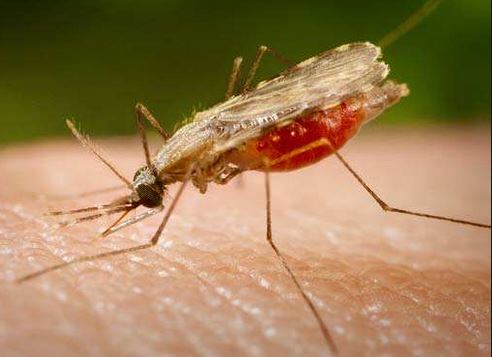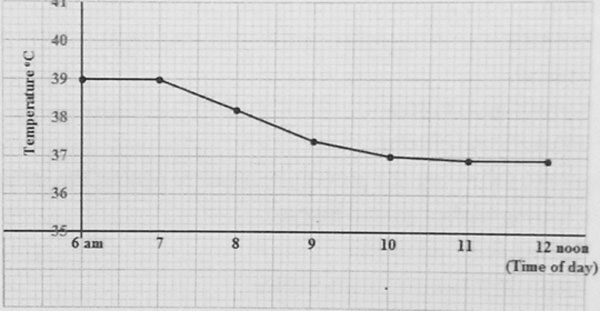Tuberculosis is a respiratory infection that is caused by bacteria, the mycobacterium tuberculosis organism.
• Through inhaling air that has the TB bacteria.
• Drinking unboiled milk from an infected animal.

• Mild fever shown by a rise in temperature.
• Sweating at night.
• Coughing, especially after waking up.
Blood may be coughed up at times.
• Loss of weight and increased weakness.
• Pain in the chest and upper back.
• Sometimes the voice may become hoarse.
• The skin colour may become lighter.
• thoroughly washing your handkerchief with soap and hot water
• seeking treatment immediately you notice any signs of the disease
• making sure that sick people finish the medicine from the doctor.
They should take the full dose of medicine
• immunizing babies with the BCG vaccine immediately after birth or before going to school.
Malaria is caused by a parasite called Plasmodium, which is transmitted via the bites of infected mosquitoes.
• By the bite of a mosquito which has bitten a sick person suffering from malaria.
• Fever.
• Chills.
• Sweat.
• Headache.
• Vomiting.
• Body and joint aches.
• Tiredness/weakness.
• treating sick people immediately with the right dose of anti-malaria drugs
• clearing and draining stagnant water in ponds, pits, tree holes, old cans or broken pots.
• pouring oil, on standing water to kill mosquito larvae
• clearing and cutting long grass and bushes
• spraying homes and surroundings with insecticides
• sleeping under mosquito nets
• treating mosquito nets with insecticides
• applying mosquito repellent jellies on exposed parts of the body.

Mosquito feeding

In this topic we have learned the following;
We also learned about Malaria as follows;
Please repeat going through the topic to make sure you understand all.
Standard 6
1. The graph below shows the body temperature of a person who was treated for high fever at 6 a.m.

How long did this person take to recover fully after treatment?
A. 1 hour B. 3 hours C. 4 hours D. 6 hours
2. Which one of the following methods would NOT be effective in controlling the spread of malaria?
A. Draining stagnant water around the home
B. Spraying mosquitoes with an insecticide
C. Avoiding contact with malaria patients
D. Clearing bushes around the home
3. Which one of the following diseases CANNOT be prevented by eating clean food and drinking clean water?
A. Cholera B. Typhoid C. Bilharzia D. Dysentery
4. Why are curative drugs taken?
A. To protect people against diseases
B. To treat known diseases
C. To protect children against childhood diseases
D. To simulate sick people
5. Which one of the following is NOT a preventive health service?
A. Keeping markets and surroundings clean
B. Improving the quality of domestic water supply
C. Treating sick people in hospitals
D. Educating families on good feeding habits